#038 Bitcoin's Value, Explained by a Refugee
This week we start our ‘Inspiring stories’ series: stories from around the world, seldom heard in the media, yet which instil in us knowledge and connection from their telling. While Bitcoin features in all their stories, it is the human spirit that is the main character. I hope you enjoy them. The first one takes us from Kenya to Minnesota.
The city-camp
Imagine a city 50 miles from the Kenya/Somalia border of over 420,000 people (about the size of Minneapolis), a city on no tourist maps, where homes are huts of sticks and cloth, and the struggle for daily survival is a universal reality. This is the Dadaab refugee camp in Kenya, one of the largest in the world, established in 1991 when refugees started fleeing across the Kenyan border during Somalia’s civil war.
For many, like Fatuma who arrived after her husband was killed in an explosion in Mogadishu, Dadaab is a last resort. She now lives with her family in a makeshift hut on the camp's outskirts, a structure patched together from branches and old clothes, where they sleep on dirt and pray the roof doesn't collapse when it rains.
Others, like Saruro (pictured below), have known no other home. She arrived in 1992 as a three-year-old and has since built an entire life here, going to school, getting married, and raising her nine children within the camp's confines. Many residents have spent decades here, with over half of the Somali refugees being under 18 and having spent their entire lives in Dadaab.
Life can be particularly hard if you are a woman. Women live in fear of rape, particularly when venturing out to find basic resources like firewood.
Theft and armed robberies are daily facts of life, with thieves often acting with impunity due to a lack of policing. In response, many refugees have become their own guardians. They organize night patrols, lock gates between camp subdivisions after dark, and use watchmen armed with machetes, sticks, and stones to defend against attackers who often carry AK-47s. As Wiilo Ibrahim (pictured below) explains “We are afraid of thieves. They rob houses, and girls are raped. It is trouble … at night, you have to be on alert.”
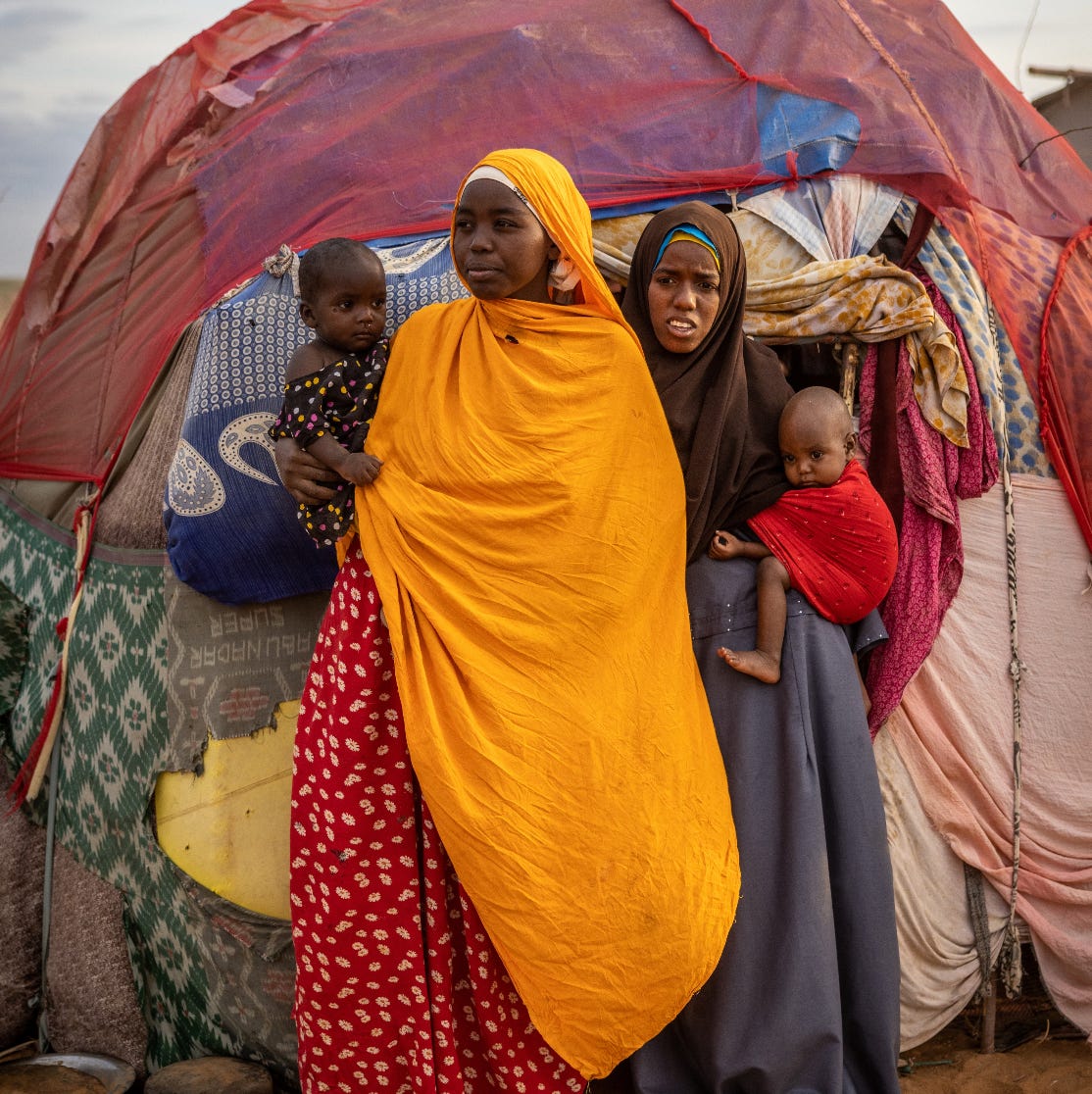
Ingenuity
Despite these challenges, human ingenuity survives, and sometimes thrives. While earning money is extremely difficult, it is not impossible. Some, like Hawo Mohamed Abdi, a 29-year-old single mother, have found a lifeline through the digital economy. After taking online business courses, she now works as a translator from her hut in the camp, earning $500 a month, enough to achieve independence and renovate her hut.
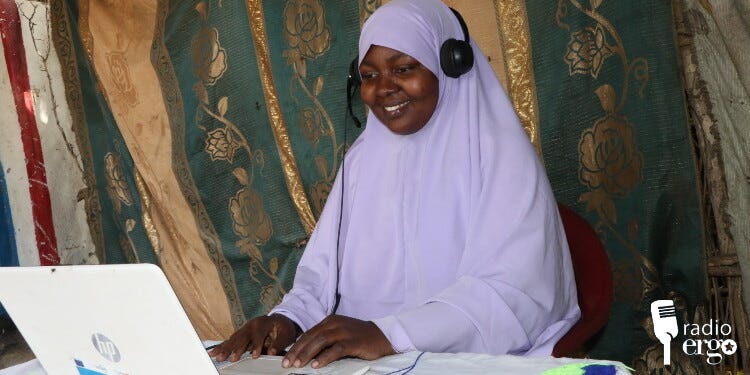
Others, like Abdullahi Abdirahman Nur, use similar skills to support his family of eight, even saving enough to relocate his parents to a safer town. However, these stories are the outliers. Most residents rely on dwindling humanitarian aid, and storing money safely is a constant worry in an environment where theft is rampant.
Dadaab is a world of contradictions. It is a temporary refuge camp, that has lasted generations. It is a place where women like Fardowsa (pictured below) a journalist born in the camp, now work to amplify the voices of those within it. It is a camp, but also a city for those who have nowhere else to go.
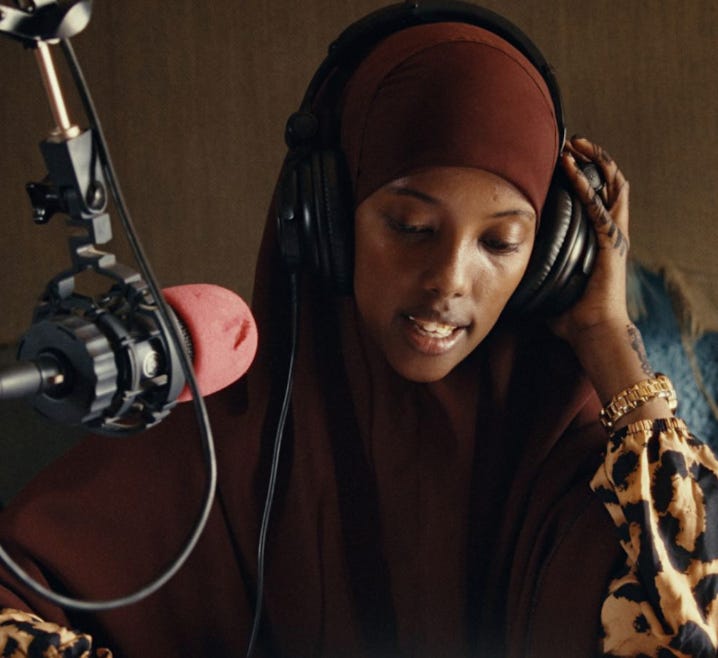
Aisha
One of those contradictions is Aisha (not her real name). A refugee from the camp who unintentionally showed Bryon Bothun, a former American PeaceCorps worker, the value of Bitcoin - even though she never had the chance to own it herself.
Bryon and his wife Christine met in the PeaceCorps in 1989. Bryon and Christine are now retired, but at the time this story takes place Christine was an occupational therapist working with children with autism, and Bryon was the Director of Bilingual Services in Rochester Public Schools. In his job he helped refugees from over 80 countries, drawing on his own experience being an outsider. He says, “I look around the room and I see the one person who’s different.”
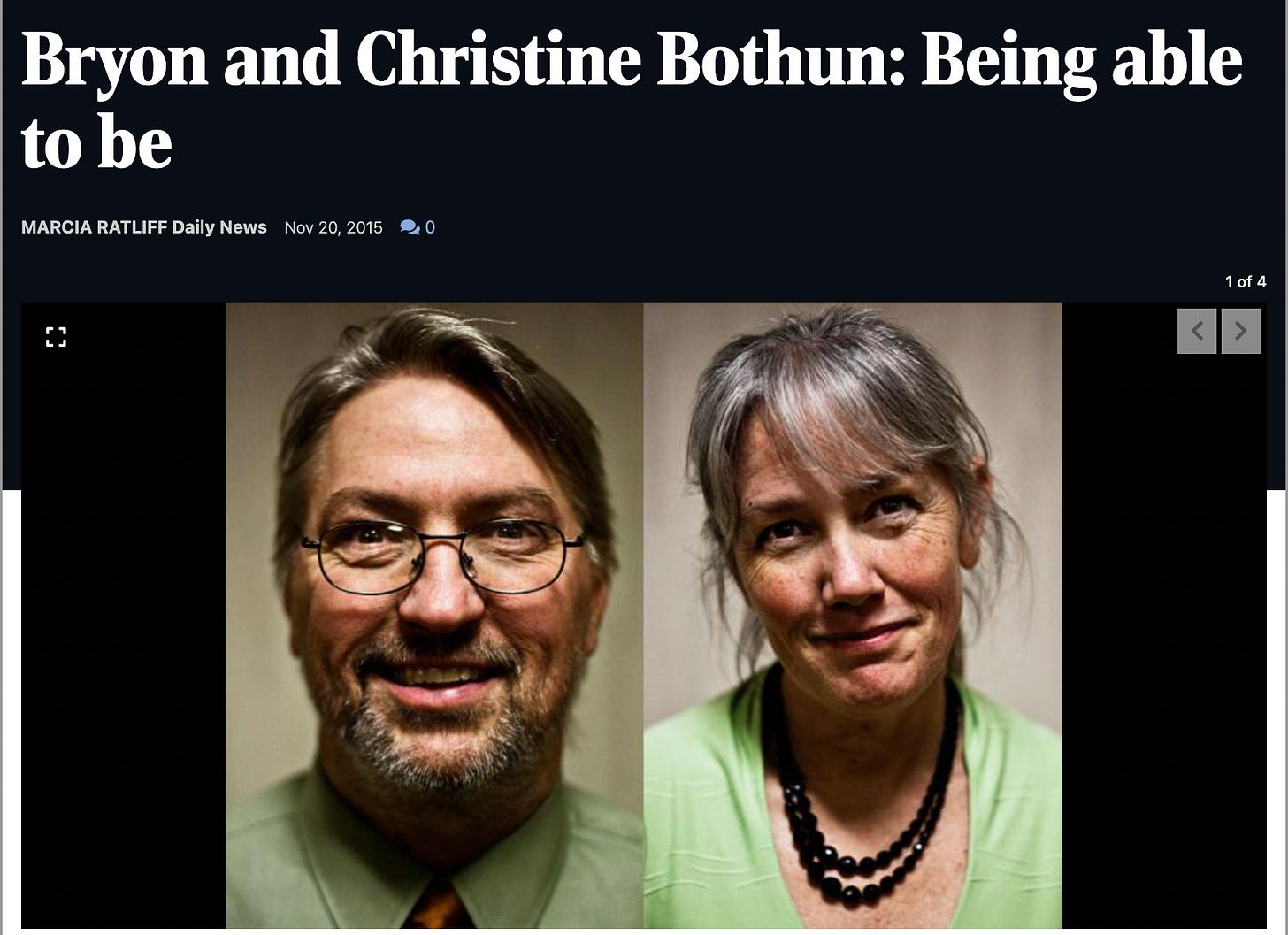
Married with two adult children, the Bothuns continue to live the lessons they learned abroad: that community requires no words, and that sometimes those who have the least, give the most.
This was certainly the case, when Aisha changed the direction of Bryon’s life.
The lightbulb moment
Bryon recalls “We had invited Aisha over one afternoon, and by accident we found ourselves watching Max Keiser when he was first talking about Bitcoin. I was skeptical and spoke my thoughts aloud, saying to Aisha “I don’t see how that could help at all”. Her response caused me to take note. She said “We would have loved to have had that in Dadaab.”
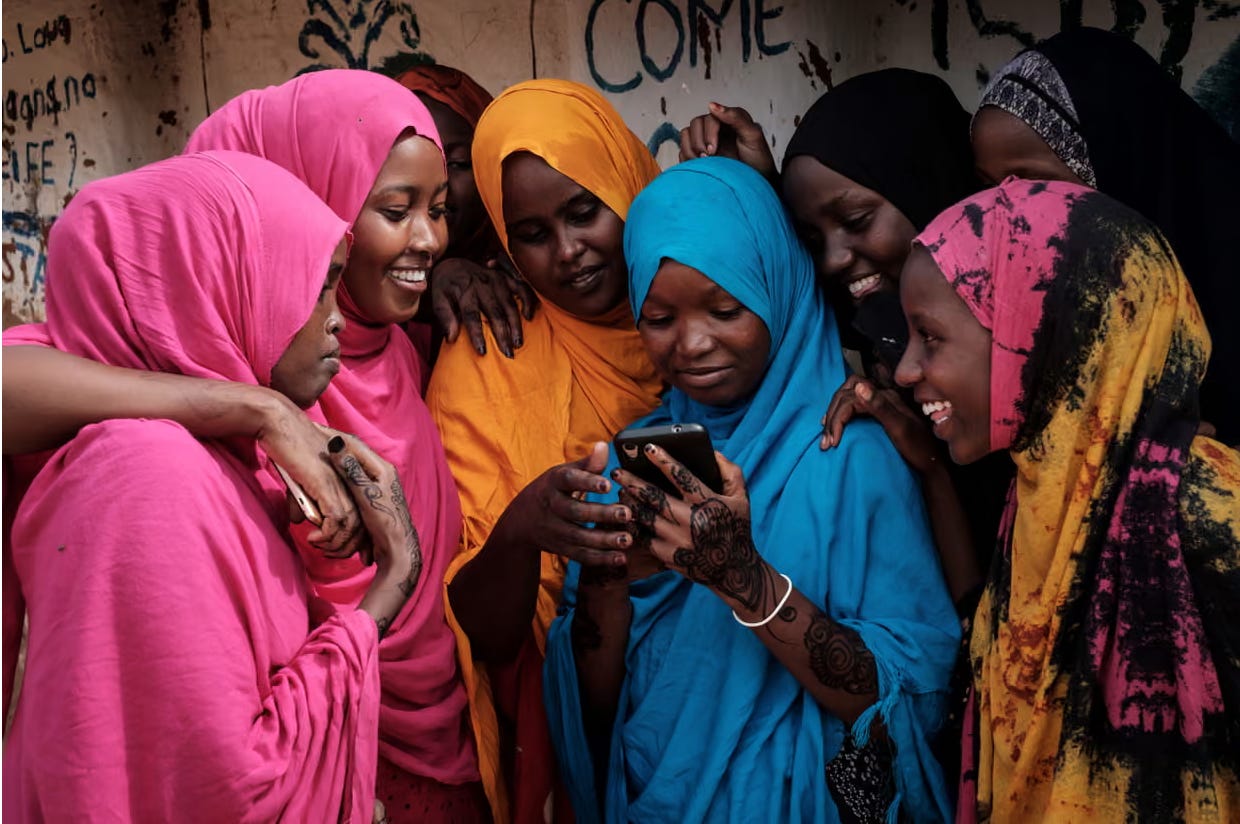
Intrigued, I asked her to tell me more. She explained “You couldn’t keep money. People would come into your hut and they would take it from you. But people had a cellphone and they guarded it with their life, and they overpaid their bill to Safaricom and those credits became M-Pesa.” She said
“If we could have had money that wasn’t dependent on us paying our money to Safaricom each month every single person in that refugee camp would’ve had it.”
That was the first time that I thought, “I hadn’t thought of that, maybe there is something to this.”
She turned on the lights for me, and it’s really thanks to her that I first saw the value of Bitcoin, started using it and started educating others about the value of it.”
Since Aisha’s experience, over 300,000 refugees now use Bitcoin - a number that could have been much higher with better education and understanding of what Bitcoin is. More aid workers knowing about Bitcoin, means more thefts can be prevented. The good news is, this number of refugees using Bitcoin is expected to grow to over 7 Million by 2035.
How you can help
Bitcoin isn't a company, it's a tool for people. It offers returns to a Wall Street Fund Manager, but safety to a refugee. It has no CEO and no ads. Its value is shown in human stories, like Aisha's.
But without a PR team, these stories are rarely told. Most people only hear the jargon, not the hope. They'll understand Bitcoin best through simple stories like this one.
If this story moved you, please pass it on to someone who needs to hear it.
Thanks to our supporters:
We recognize the help of the Human Rights Foundation in bringing you stories like this one.

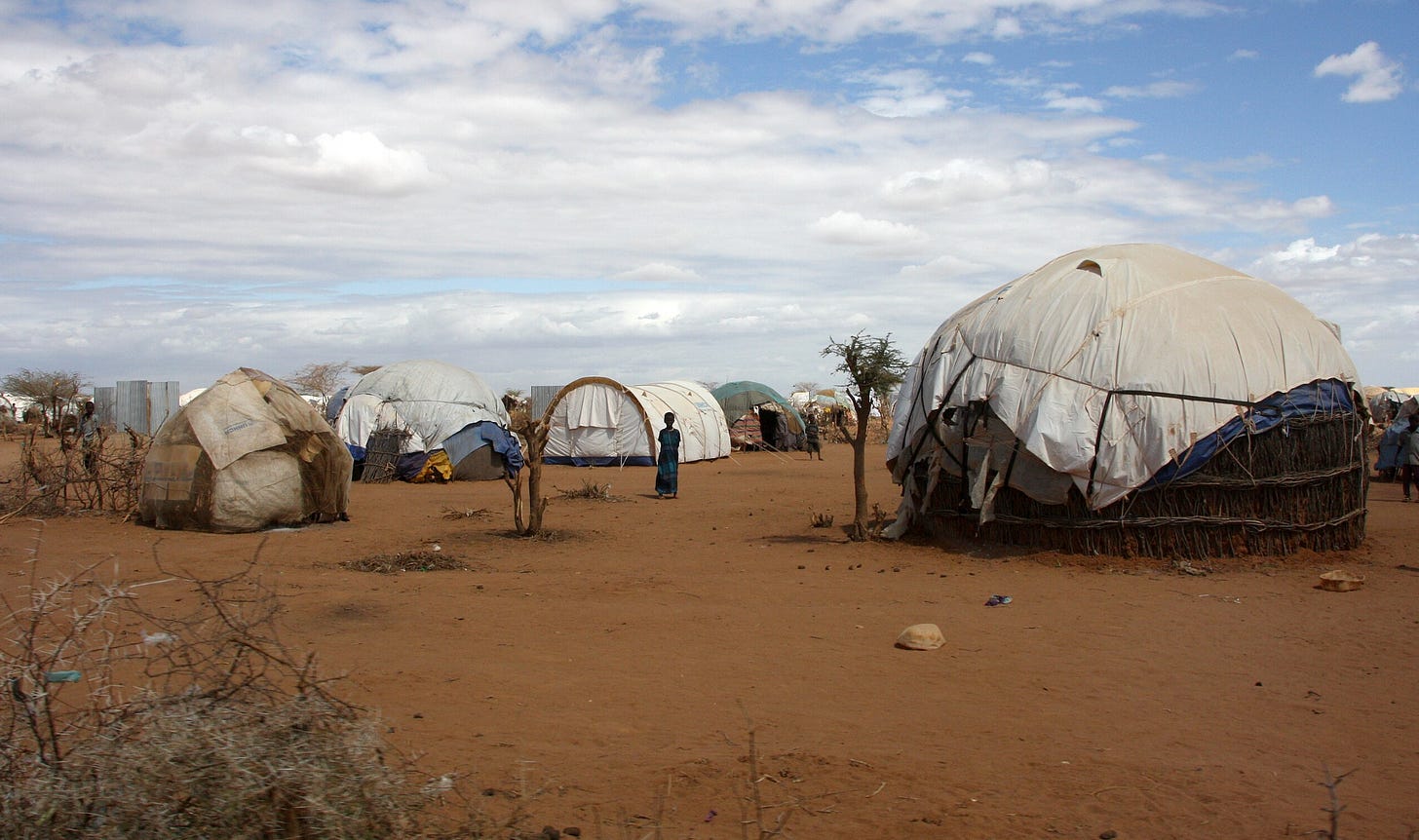
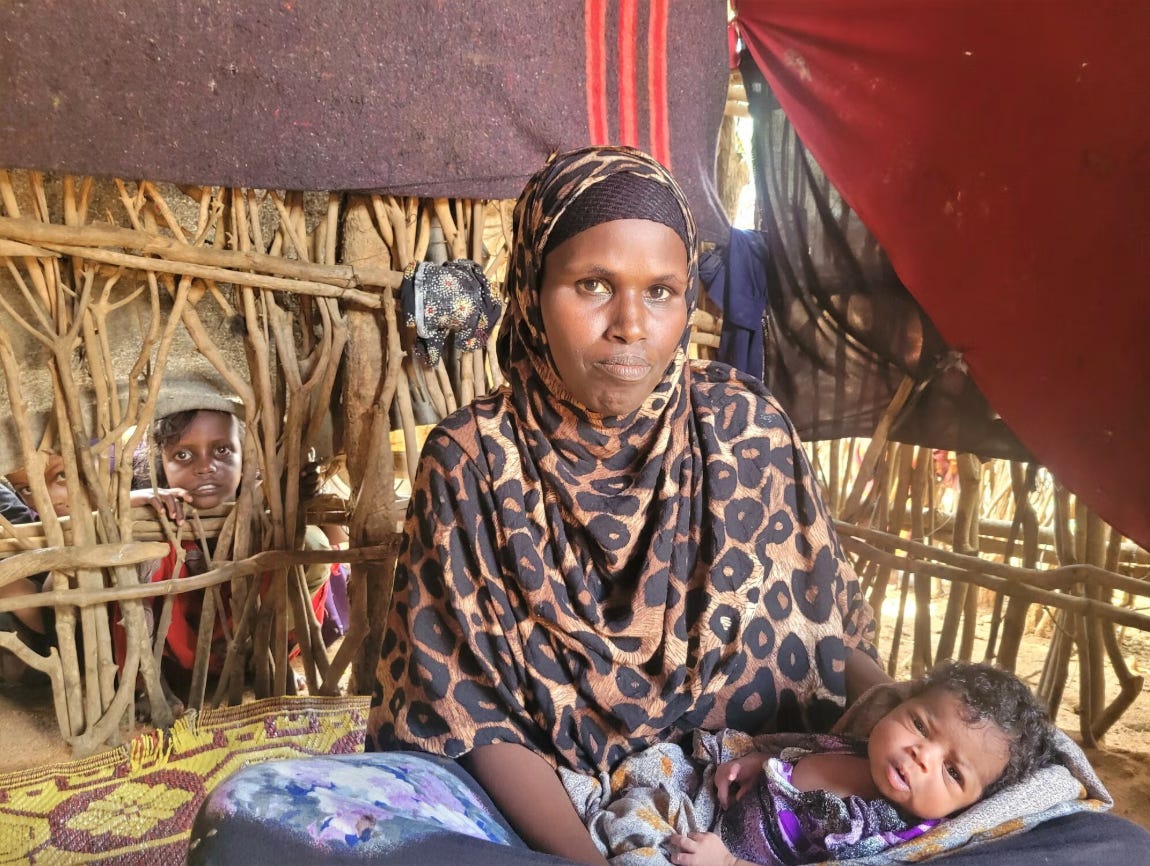
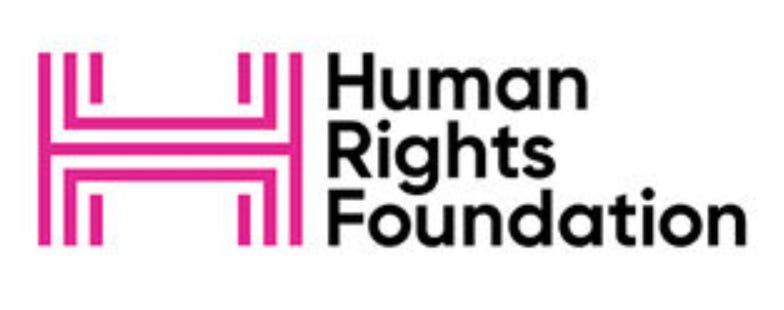
As a quick follow up, I ran into the woman who inspired this story on Wednesday. She showed me pictures of her three wonderful children who are all school-age now and she told me she was putting $5 a week into Bitcoin through Swan.com
Thankyou for this moving and compelling story. So much of this is outside the awareness of western readers, and such stories fill an important gap in our knowledge.
Stories like this help us to hold consciousness of the world as a whole, and refrain from dismissing an important system/resource such as bitcoin because our survival doesn't depend on it.
I look forward to more, and am sharing this with many friends.